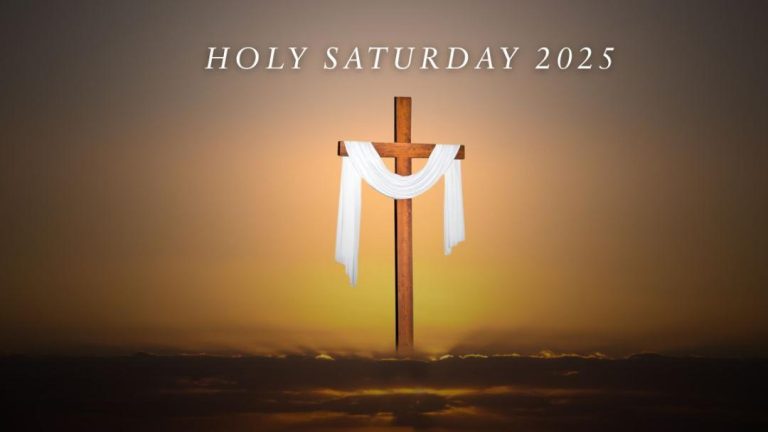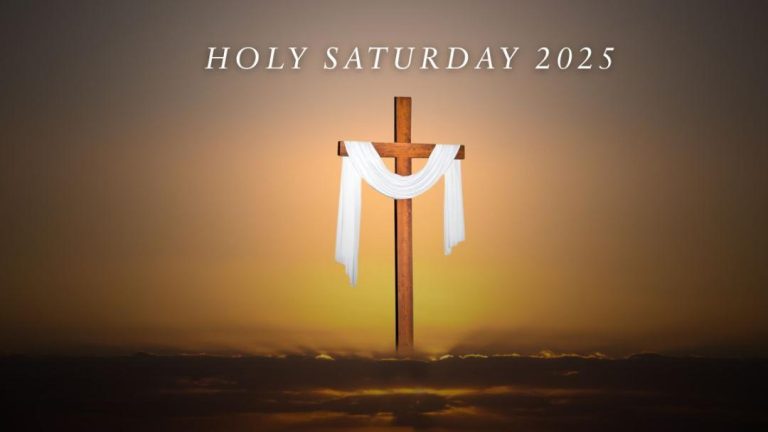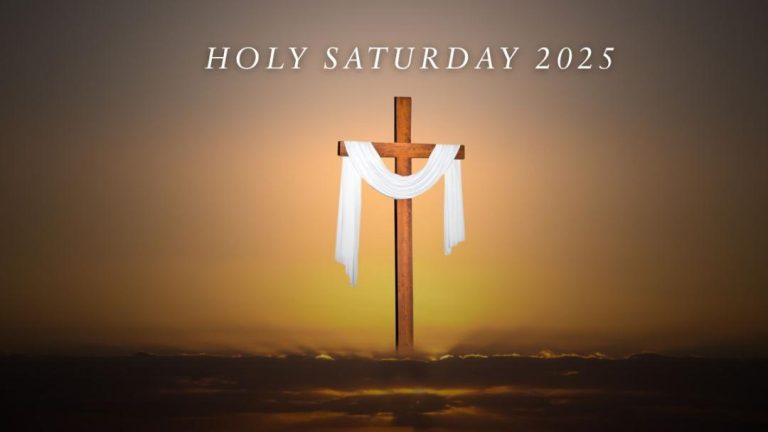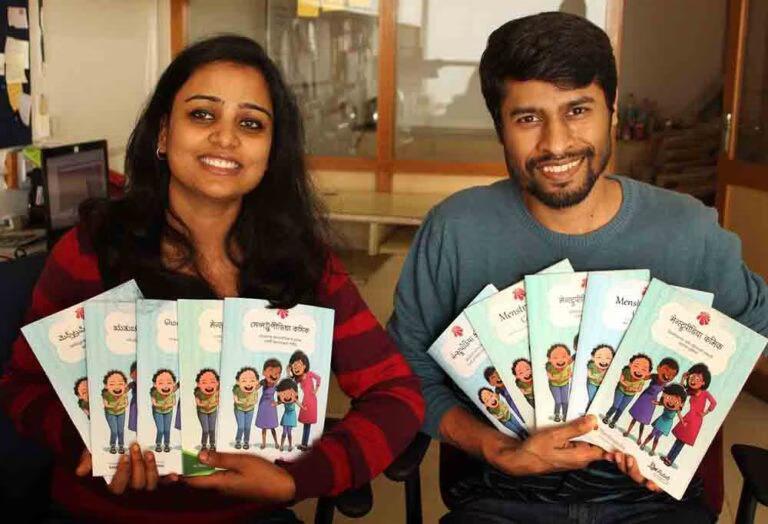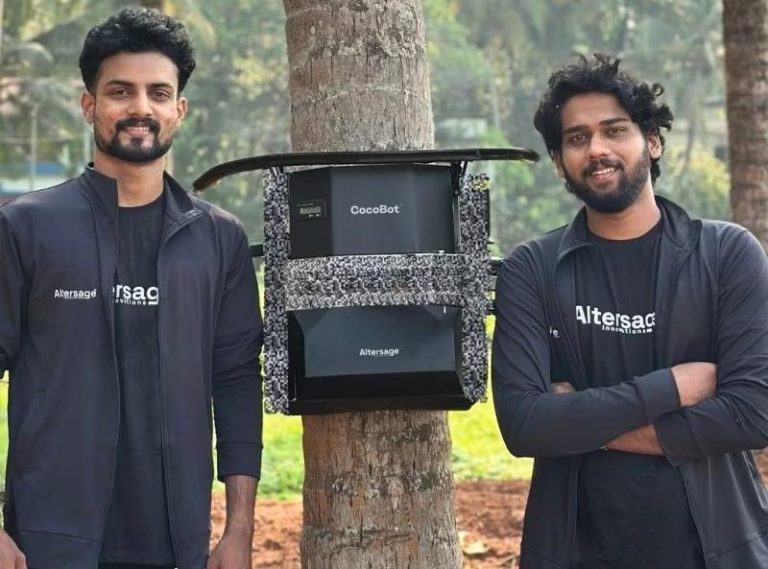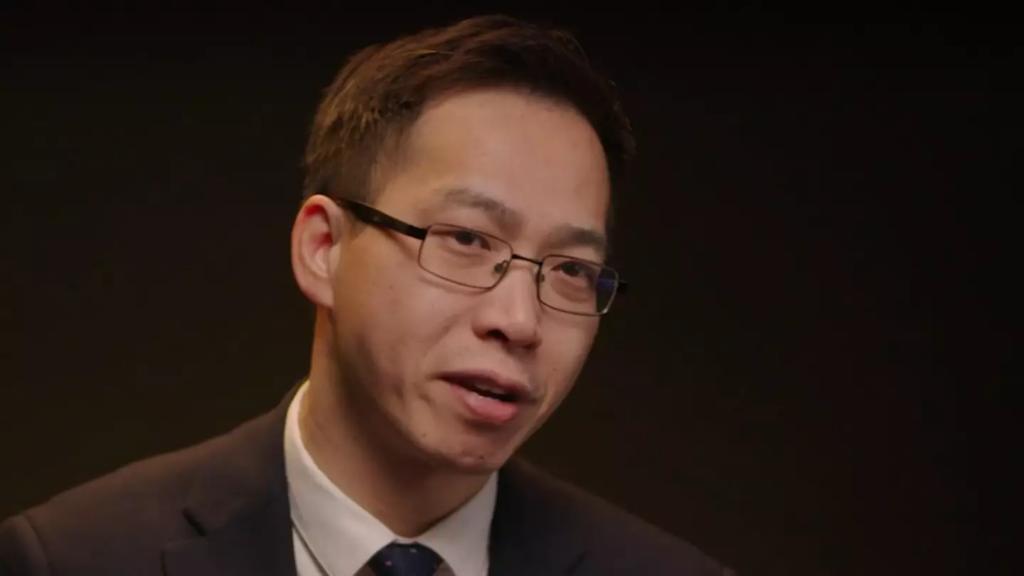
North Korean Escapee Reveals Extreme Censorship, Daily Oppression
The world is no stranger to the oppressive regime of North Korea, where the government exercises total control over every aspect of citizens’ lives. But for those who have lived under its rule, the reality is even more extreme and disturbing. Timothy Cho, a North Korean defector and human rights activist, has spoken out about the harsh conditions he faced during his time in North Korea, providing a chilling glimpse into the daily life of a citizen under the Kim regime.
In an interview with LADbible, Cho revealed the extreme measures taken by the government to maintain its grip on power. From the moment he woke up every morning, Cho was surrounded by propaganda. The state-controlled television stations only aired programs that praised the leadership of Kim Il-sung and Kim Jong-il, the country’s founding father and his son, respectively. The only news that made it onto the screens was carefully curated to showcase the regime’s achievements and downplay any negative aspects of life in North Korea.
“This is what they call ‘education’ in North Korea,” Cho explained. “You’re constantly being fed this ideology that the Kim family is perfect, and that they’re the only ones who can lead the country. It’s like a brainwashing process.”
But television was just one part of the government’s efforts to control the narrative. Cho revealed that even something as seemingly innocuous as haircuts was strictly regulated. Citizens were only allowed to style their hair in a certain way, and deviating from these approved styles could result in severe punishment for the individual and their family.
“For example, if you have a haircut that’s too short or too long, you could get arrested and sent to a labor camp,” Cho said. “It’s not just about the haircut itself, but about the message it sends. If you’re not conforming to the rules, you’re seen as a threat to the regime.”
The government’s control didn’t stop there. Cho revealed that even something as simple as celebrating national holidays was a choreographed event. On days like the birthday of Kim Il-sung, citizens were required to bow to statues of the leader, a ritual that Cho described as “soulless and empty.”
“You’re forced to participate in these events, even if you don’t want to,” Cho said. “It’s like they’re trying to drill this obedience into you, to make you believe that you’re nothing without the Kim family.”
But perhaps the most disturbing aspect of life under the Kim regime was the constant fear of surveillance. Cho revealed that the government had a network of informants and spies who were tasked with monitoring the behavior of citizens and reporting back to the authorities.
“You never know who might be watching you,” Cho said. “You can’t trust anyone. You have to be careful about what you say and do, even in your own home. The fear is always there, always lurking in the back of your mind.”
Cho’s experiences in North Korea were a stark reminder of the harsh realities that many citizens face under the regime. But for him, the decision to escape was a matter of survival. After several failed attempts, Cho finally made it out of the country and into South Korea, where he began his journey as a human rights activist.
Today, Cho uses his platform to raise awareness about the plight of North Korean citizens and to advocate for greater support for those who are still trapped in the regime. His story is a powerful reminder of the importance of fighting for freedom and human rights, and of the devastating consequences of living under a government that prioritizes control over its citizens’ lives.
